Romania: Sluggish start to new government

While corona vaccinations in Romania are running smoother than expected, ambitious plans by the government are lagging behind. A lot of European money needs to be spent in the coming budget period, but it is uncertain whether there is the administrative capacity to do so. And then Romania is also still struggling with corruption.
The impacts of climate change in Africa
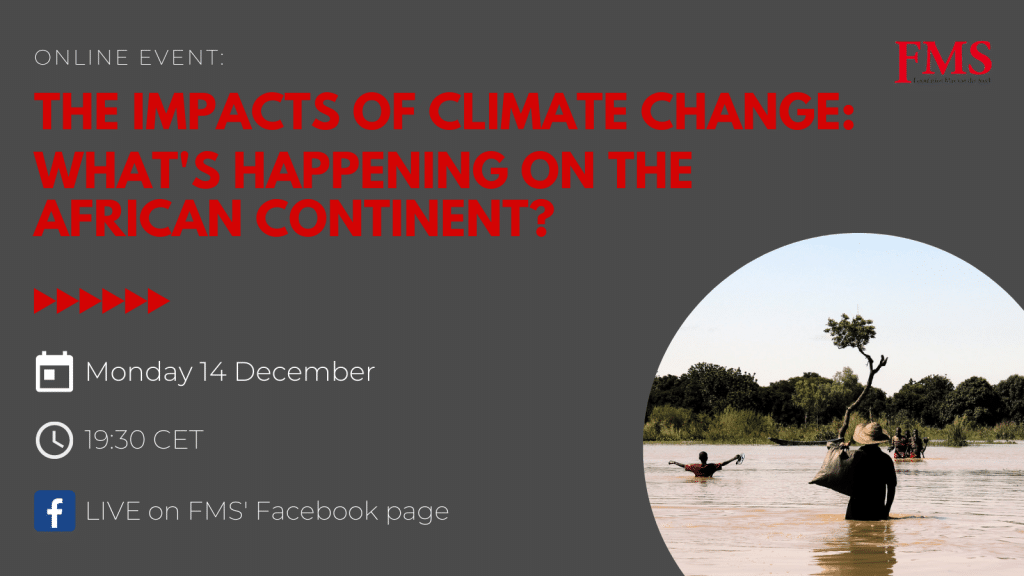
Last Monday, we were live on Facebook with Andrew Mambondiyani, Hala Burma, Irene Dankelman, Laurie van der Burg and Kirsten Meijer to discuss the impacts of climate change on the African continent. Why is that African people are hit so hard by climate change? What is the impact they see and feel? What can we do in the Netherlands to support these people? And why is it so important to also look at gender in this regard?
The impacts of climate change: what's happening on the African continent?

The climate is changing: it's getting hotter, we experience periods of droughts alternated with heavy rainfall and extreme weather. In the Netherlands, this means that we can enjoy our beaches more during the summer, that we have less snow and more rain in the winter, and will there ever be another Elfstedentocht for iceskating? We adapt to these circumstances, buying air conditioners for in the summer and preparing our rivers to take up more water. The impacts of climate change are not really hindering our lives... yet.
Djukanovic defeated after thrilling election battle
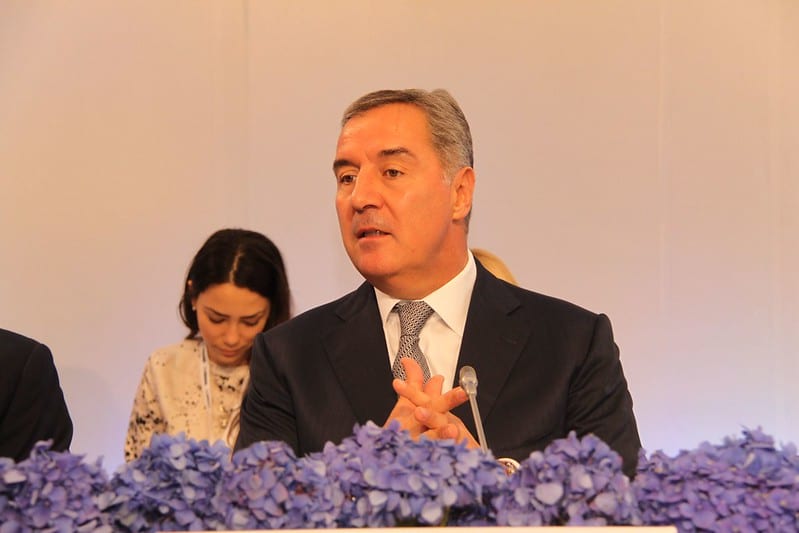
In Montenegro, voters went to the polls last Sunday. It was an exciting election day, as the opposition coalition 'For the Future of Montenegro' was neck-and-neck with the Democratic Party of Socialists (DPS), which has been in power for 30 years. For voters, it was a choice between this pro-European party in power and the pro-Serbian and Russian opposition coalition. 75.9% of registered voters cast their vote, the highest turnout Montenegro has ever had since the introduction of the current electoral system. There was confusion after the first exit polls, as the DPS and the opposition coalition said: that they had gained enough seats in parliament to form the next government. In the end, the opposition coalition along with other opposition parties turned out to have enough seats to form a new majority.
In conversation with experts on Climate Justice
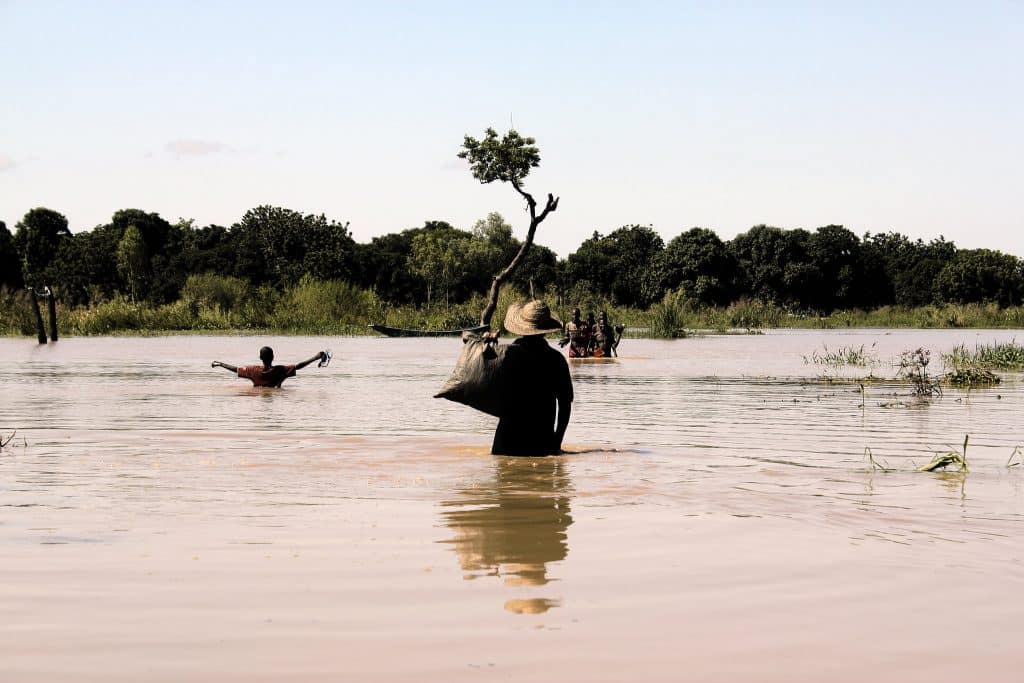
Last week, Monday 29 June, together with our European partner FEPS, we organised an expert meeting on our new joint research Climate Justice: African perspectives. With a group of some 20 experts from home and abroad, we discussed priorities when it comes to fair climate policies with regard to African countries. It was a very useful and instructive afternoon with very useful input for the rest of the research. Once again, we would like to thank all participants for their contributions!
Political Leadership (series) part 2: types of leaders
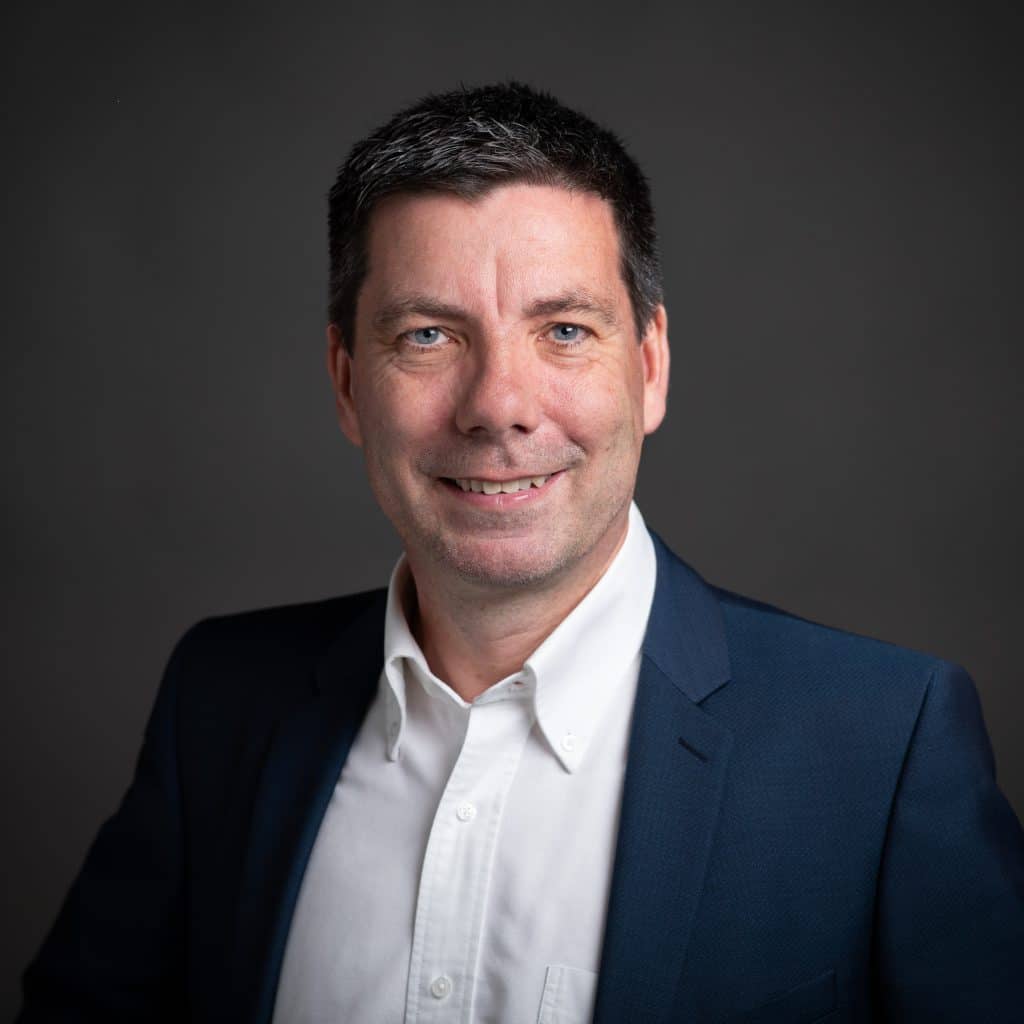
The elections in the Netherlands are approaching. 17 March 2021 is the date. The FMS is conducting training courses in many countries. Political leadership is an important topic. What is involved in leadership? This series covers various aspects of it.
By Arjen Berkvens, director FMS
Political leadership (series) part 1: struggle

The elections in the Netherlands are approaching. 17 March 2021 is the date. The FMS is conducting training courses in many countries. Political leadership is an important topic. What is involved in leadership? This series covers various aspects of it.
By Arjen Berkvens, director FMS
Step towards a fair tax policy
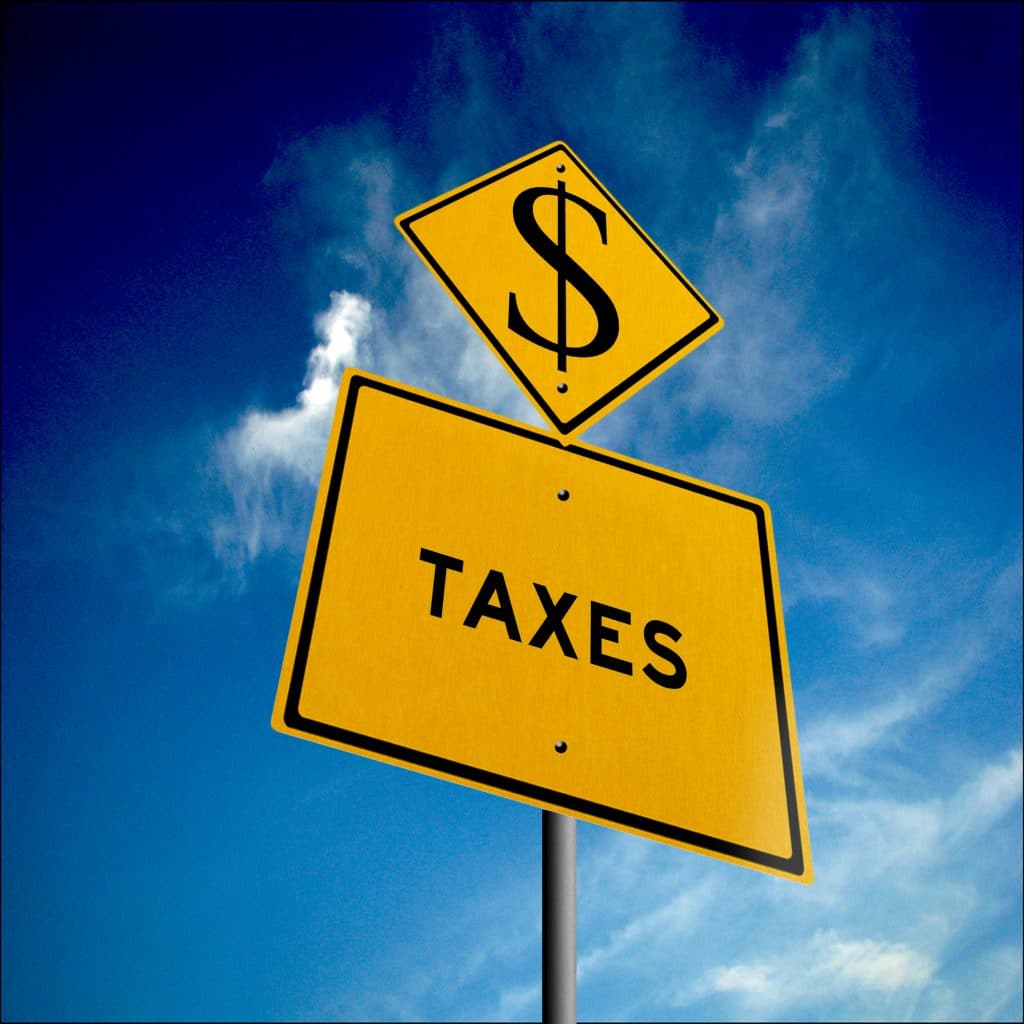
Since the financial crisis, countries have been cooperating more and more effectively to combat tax evasion. Meanwhile, this cooperation between countries extends beyond the OECD countries. 130 countries are now working together, within the Inclusive Framework, to combat tax evasion. Recently (29 May 2020), State Secretary of Finance Vijlbrief sent the new Fiscal Treaty Policy Memorandum 2020 (NFV) to the Lower House. The NFV sets out the Dutch negotiating position on bilateral tax treaties. It is positive that more attention is being paid to the position of developing countries in such treaties, but a critical eye is still required.
Vucic party wins elections Serbia
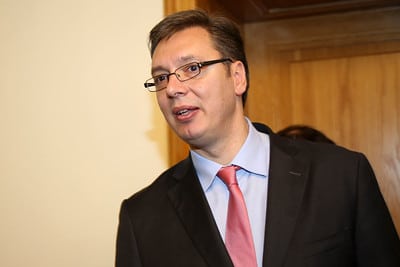
Vucic, who was prime minister before becoming president in 2017, is drawing more and more power to himself in Serbia. In the controversial parliamentary elections, which took place on Sunday 21 July, his right-wing populist party, the Serbian Progressive Party (SPS) triumphed in dubious fashion.
What do African migrants themselves want? Time for a sober and effective approach

Billions are being invested to keep migrants and potential migrants in Africa. Whether this has any results is unclear. People continue to take the often life-threatening routes at great risk to build an insecure existence here. It is time to invest in things Africans really need. Let's do that by talking to them and to Africans already in the EU, rather than about them. Migration is of all times. Time for a sober and effective approach.

